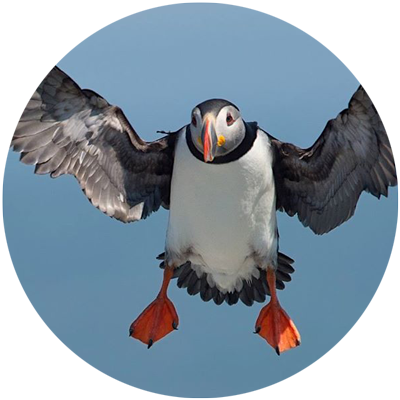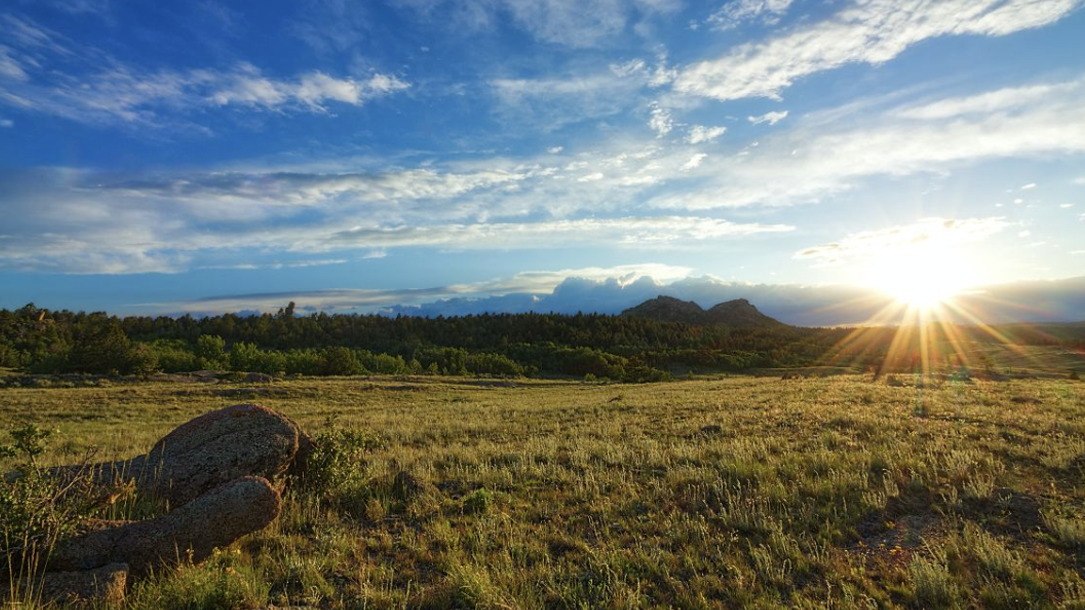
A fresh look into grasslands as carbon sinks
The researchers also found that continuous livestock grazing reduces plant cover, diversity, and productivity, and that seasonal or rotational grazing show the least negative effects and can even promote soil carbon storage.
“[We found that grassland ecosystems’] plant and microbial biodiversity and functions can be restored by improving grassland management, leading to substantial carbon removal from the atmosphere thus contributing to climate change mitigation”…
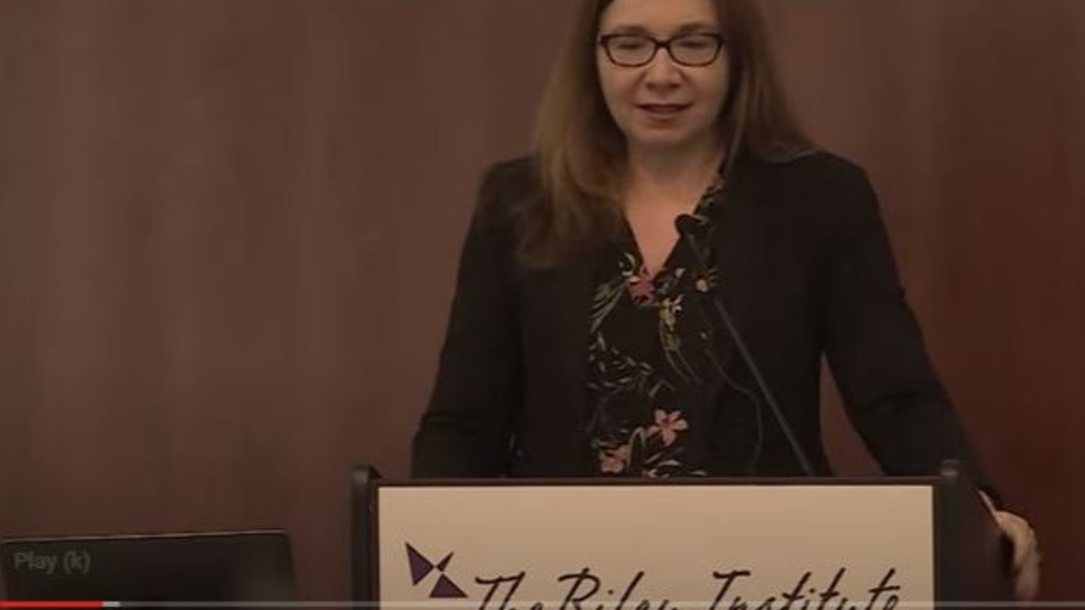
Talking climate in a red state
Climate change has become one of the most politically-polarized topics in the entire country. Today, the extent to which we agree with the simple facts that climate is changing, humans are responsible, the impacts are serious, and action is needed has nothing to do with how much science we know and everything to do with where we fall on the political spectrum.
In such a polarized environment, how can we have constructive conversations that move us forward together rather than driving us farther apart? Katharine Hayhoe untangles the science behind how our beliefs shape our identity and highlights the key role our values can play in shaping our conversations on this crucial topic.

New 50-year study offers insight into effects of climate on bird reproduction
Beyond effects of a warming climate on individual species’ reproductive output, the study also considered whether climate change may affect offspring production by interacting with other attributes of the birds…
Warming temperatures also were associated with less offspring production among relatively large birds. These changes were not necessarily caused directly by climate change but by the effects of climate change on the life histories and ecological traits of species that influence clutch size and rates of nesting failure over time…
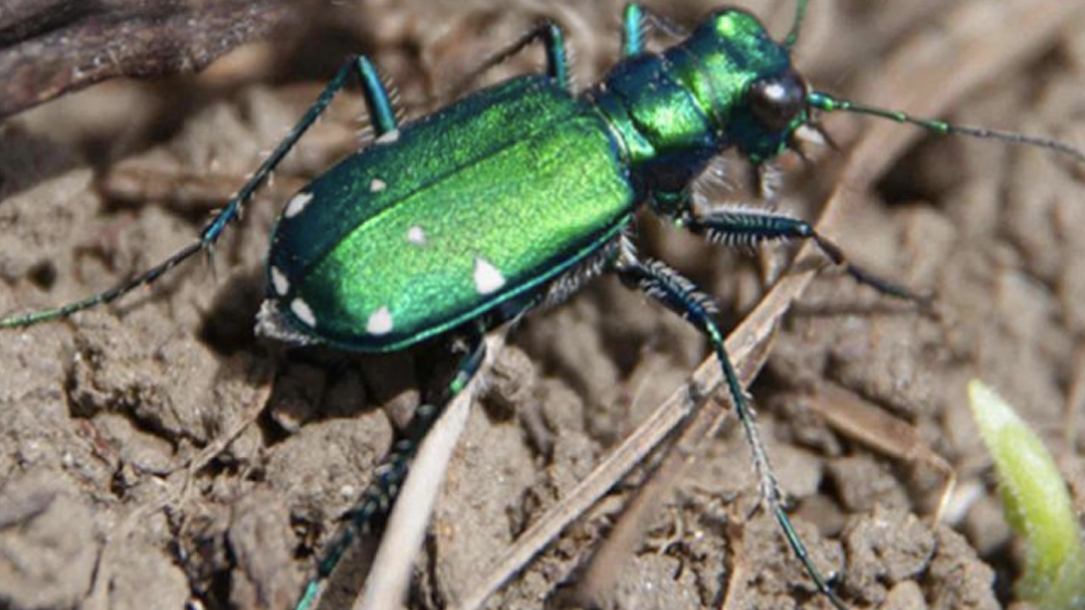
Future of many North American crops may depend on ground beetles’ response to climate change
By analyzing data on 136 different ground beetle species from diverse habitats across continental North America, Puerto Rico and Hawaii, the researchers found that a species’ odds of success in a changing climate depend on several core traits, such as its habitat preference, body size, and whether it flies, burrows, climbs, or runs.
“We found that less mobile, nonflying ground beetles, which are critical pest control agents, are more likely to decline over time in a warmer, dryer climate,” said Tong Qiu, assistant professor of multifunctional landscapes at Penn State, who led the study. “That means you’re going to have more pests that can impact agricultural and forest ecosystems…”
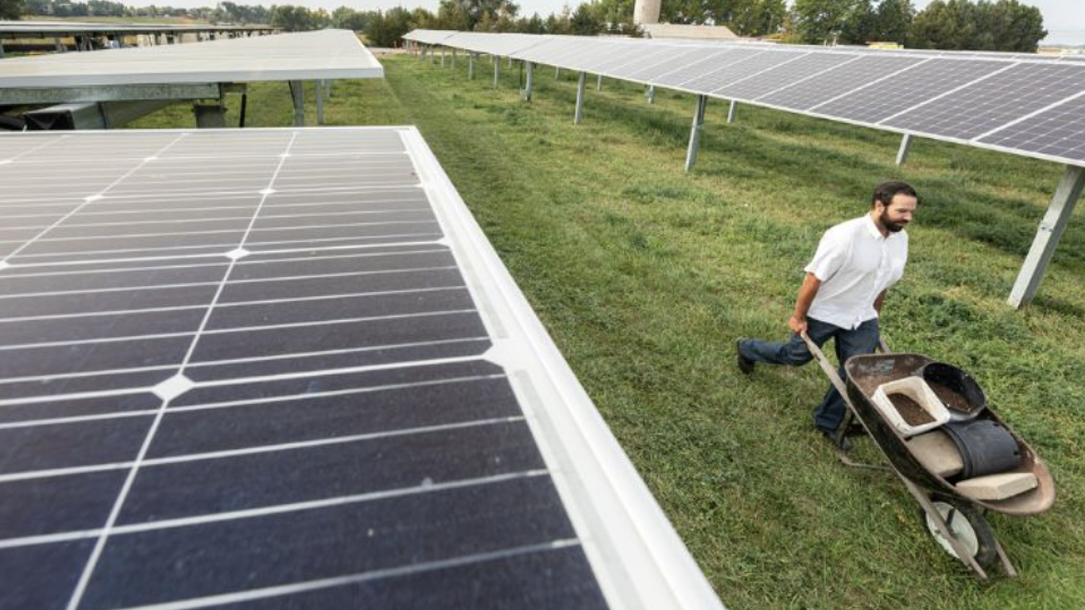
New Jersey approves pilot program to demonstrate feasibility of agrivoltaics
The New Jersey Board of Public Utilities (NJBPU) has approved an agreement with the Rutgers University Agrivoltaics Program (RAP) to facilitate the development and implementation of a Dual-Use Solar Energy Pilot Program over the next three years.
The pilot program will provide incentives to solar electric generation facilities located on unpreserved farmland that plan to maintain the land’s active agricultural or horticultural use. Dual-use solar can provide farmers with an additional stream of revenue, assisting with farm financial viability enabling continued agricultural or horticultural production of land while also increasing the statewide production of clean energy…
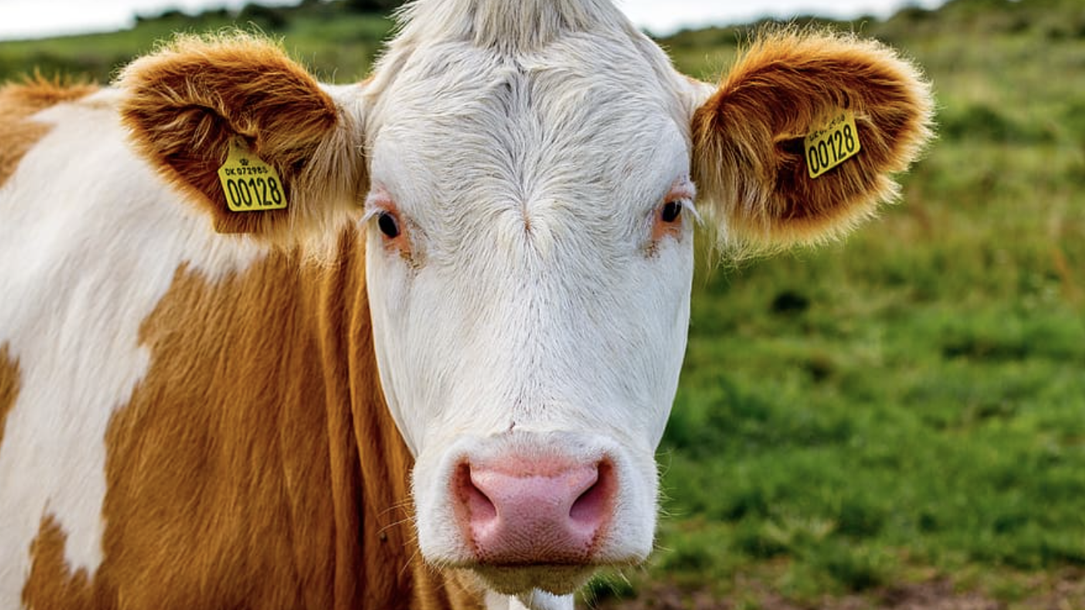
Research report: Antibiotics and temperature interact to disrupt soil communities and nutrient cycling
Soils contain immense diversity and support terrestrial ecosystem functions, but they face both anthropogenic and environmental stressors. While many studies have examined the influence of individual stressors on soils, how these perturbations will interact to shape soil communities and their ability to cycle nutrients is far less resolved. Here, we hypothesized that when soils experience multiple stressors their ability to maintain connected and stable communities is disrupted, leading to shifts in C and N pools.
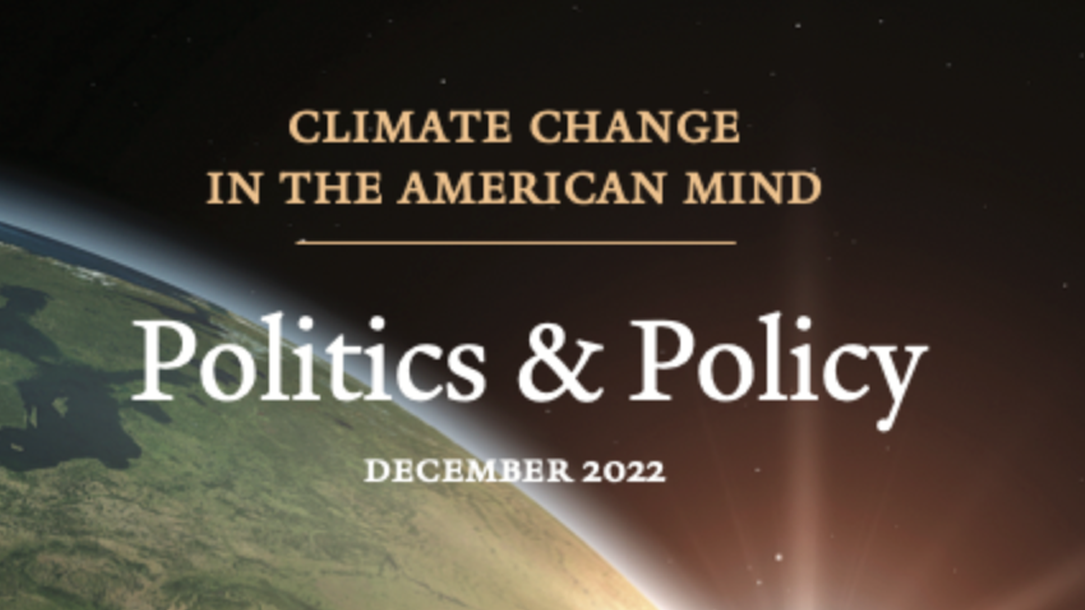
Climate Change in the American Mind: Politics & Policy, December 2022
This report is based on findings from a nationally representative survey – Climate Change in the American Mind – conducted jointly by the Yale Program on Climate Change Communication and the George Mason University Center for Climate Change Communication. Interview dates: December 2 –12, 2022. Interviews: 1,085 adults (18+), 938 of whom are registered to vote.

Explore climate change in the American mind
Are you curious about how the American public has been feeling about climate change over time? Perhaps you’re wondering how you might engage people around the topic of climate change?
These graphs provide some clarity on how peoples’ education levels, age, and political affiliations shape their opinions around climate change.
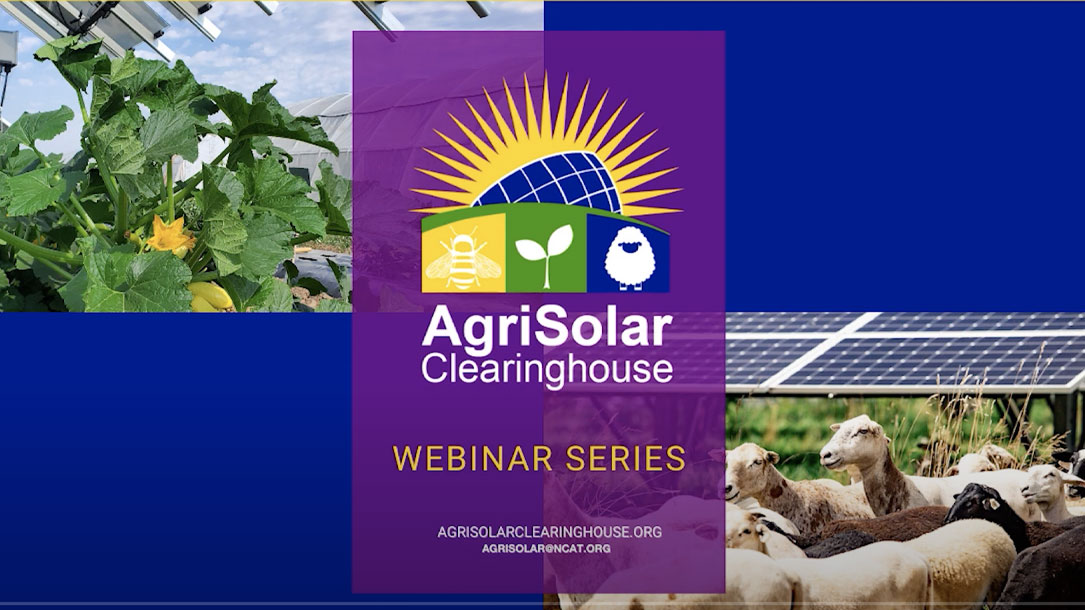
Innovative AgriSolar design, a round-table discussion
Do you want to see solar that works with cows, horses, vineyards, orchards, vegetables, and other forms of agriculture? How about solar that doesn’t require perimeter fencing and is spaced apart to allow for equipment to grow crops or grow grass and hay crops?
Some of these solar designs might also work well for wildlife.
This webinar provides insights into what is already happening here in the U.S. and abroad. The solar developers show you what they are doing and how it can go to “scale.”
AgriSolar Clearinghouse hosts a webinar series with this round-table discussion featuring innovative solar designers Helical Solar, Sun Agri, Hyperion, Sandbox Solar, Solargik, RUTE Agrivoltaics, Soliculture, Stracker Solar, Taka Solar, and Sunstall.

New tools and strategies for educators: grades 6-12
[Yale Climate Communications has] developed materials for teachers who are interested in using [the] resources in their classrooms, such as the Yale Climate Opinion Maps and Yale Climate Connections. These materials were developed based on recommendations from educators across the United States. They aim to immerse students in climate change issues in an accessible, digestible, and interactive way…



